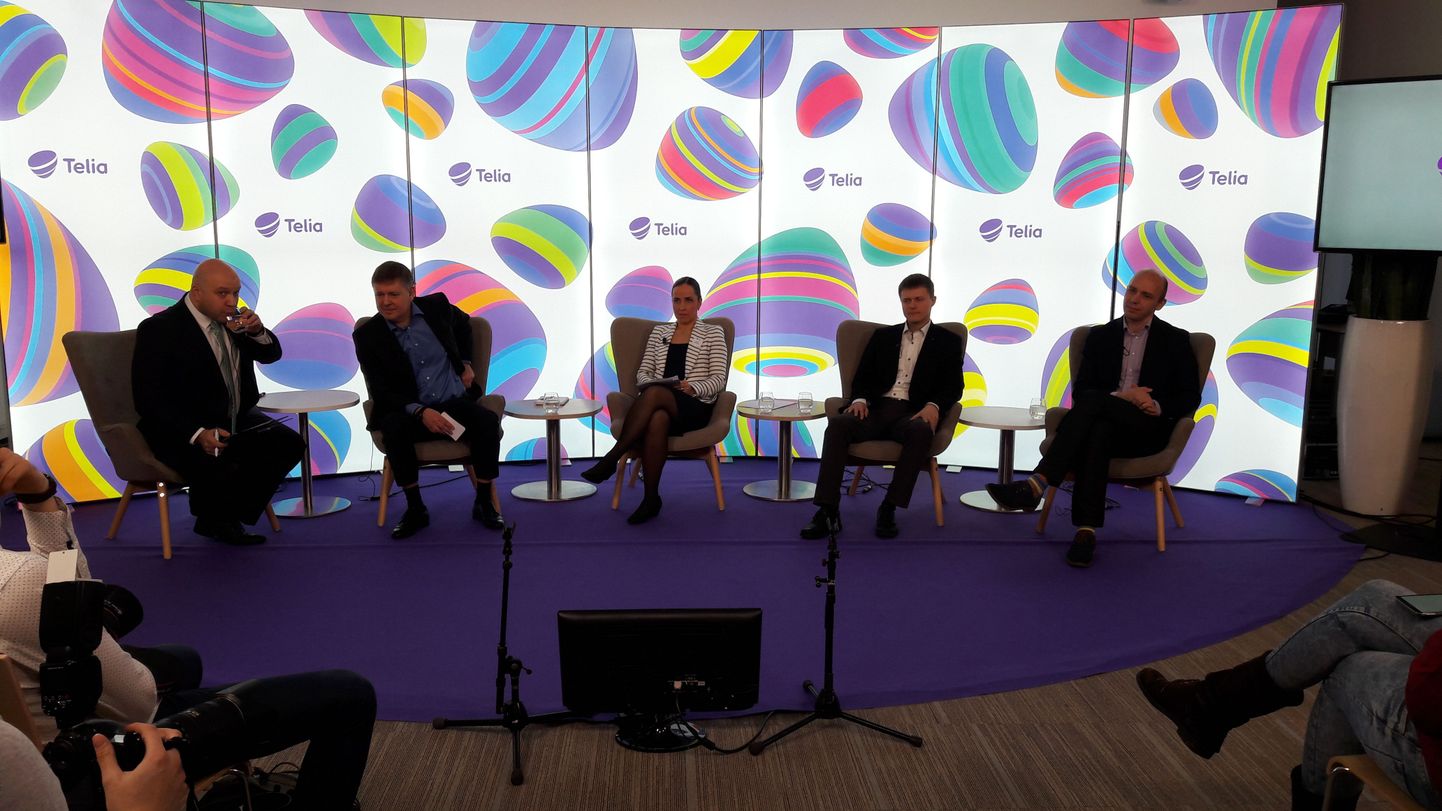-Great was the secrecy around your brand change. Why?
Because we wanted to surprise our clients. In addition to the brand change, we want to send a signal that we are taking a long step towards becoming a new generation IT and telecommunications company.
We did merge EMT and Elion a year and a half ago already, but now we are creating a truly unified enterprise. We are also launching two new services. Our aim is not merely to be leaders in client service, but also in innovation, quality and connectivity. We will combine the best parts of mobile and broadband network and will achieve use of our services with any technology.
-Eesti Telekom and especially EMT were very well known Estonian brands. I think all still remember the legendary ladybug EMT logo. With Telia now the brand, it finally dawns on all that this is no longer an Estonian enterprise. Don’t you fear you will therewith lose the competitive edge?
I really do not think so. Firstly, the whole business is local and being present vital, but telecommunications business is indeed international by nature and when we belong to the TeliaSonera group, why would we hide that?
Now that TeliaSonera has altered its strategy slightly and exited Eurasia, the focus is much stronger on Scandinavia and the Baltics. So we can do more to harmonise what we are doing in Estonia and the TeliaSonera group. For instance, as a country and as a TeliaSonera enterprise, Estonia is way ahead of others when it comes to development of e-society. So we can import several new services from here to TeliaSonera and by that provide the Estonian innovation with new dimensions altogether.

